It seems to me that people eat out for two main reasons.
One: They’re hungry, require restoration, and need to fuel up. They have to eat.
Two: They wish to dine. People aren’t dining to stave off vitamin D deficiency.
John Bennett, editor and writer for the New Yorker magazine, once said, “While people would doubtless go to a restaurant because they are hungry, the experience is more complicated than hunger alone.”
He’s correct. Jay Rayner of the London Guardian said it best: “I’m going to get out of my house, be around people I like, and have a good time.” For those folks, restaurants are a magnet of pleasure. They sell a total experience. The restaurant is a retreat, an oasis, a destination.
Things change the moment you step inside when someone smiles at you. It’s like a vacation from yourself. There’s a rhythm to the evening.
But I’ve seen a disturbing trend the last few years…post Covid-19.
And that’s DINING AGAINST THE CLOCK.
“You and your guest, sir, have 90 minutes allotted to eat. Then we will need your table.”
Okay, I get it. Quick service and casual restaurants, having a lower check average, need to turn their tables as frequently as the can. And for higher-end places, profitability typically hinges on getting two turns a night – early and late.
Again, as Jay Rayner states, “Time limits are not my idea of a relaxing night out.” A 90-minute time limit (or whatever) for three courses, elbows on the table, wine, coffee and a good chat? And then being told to leave if, God forbid, you make the mistake of ordering a second cup of coffee? THAT’S not pleasant.
And what if your longer-than-expected meal owes not to your poor time-management skills but matters beyond your control? If it takes 20 minutes for your server to approach your table, will they add minutes to the clock? If the kitchen is backed up and ticket times are horrible, does that eat into my allotment as well?
Remember, I get it. The less time spent at a table, the more times your tables turn, the more profit you make. So many restaurants these days are struggling just to stay open. With the economics of everything – food, labor, utilities and government rules and regulations – it’s tough (really tough) to navigate the brutal tension between HOSPITALITY and PROFIT.
I first encountered the time-limit practice a few years ago in London at a fine restaurant called ROAST in Borough Market. We were a party of eight, on a PARASOLE dining trip. Hoping to learn as much as possible, we ordered half the menu; I have no doubt that our party exceeded their guest check average by a hefty margin. Nevertheless, after two hours, the manager approached our table and told us it was time to leave. Waiters were glowering and hovering around our table so that they could re-set it. Our dessert was half eaten and the wine bottles still half full. But, no matter. Our dining time had expired.
What a joyless end to the evening.
On the way out, I said to the manager, “You spoiled our experience. I thought you were in the HOSPITALITY BUSINESS. You’re NOT. You are in the GROSS PROFIT business.”
Haven’t been back to ROAST. Don’t intend to.
Unfortunately, our experience was a harbinger of things to come. In recent times, local restaurants – good ones, too – have been infected with the time-limit disease. A few weeks ago, Joanne and I made reservations online at one of our favorite spots, and there it was on the screen in black and white: For a party of two…90 minutes. For three or four guests…1 hour 45 minutes. Party of six? You get 2 hours.
That, my friends, IS NOT HOSPITALITY. And as you can tell, I’m NOT a fan of time limited dining.
At all PARASOLE restaurants – MANNY’S…PITTSBURGH BLUE…SALUT…and GOOD EARTH – tare NO TIME LIMITS. No “BUM’S RUSH.” Our managers feel that for every guest that stays long, another leaves early. It all balances out. But even if it didn’t, you are free to stay for as long as you like. It’s your table for the evening. Our hospitality is human and heartfelt. Dining is for PLEASURE.
And we want to you to leave happier than you were when you came in.
W.T.F.
PHIL








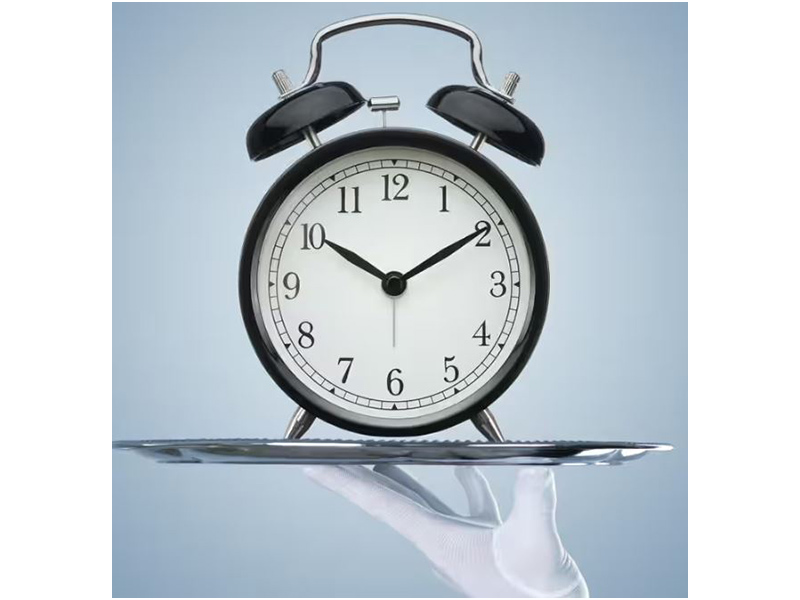
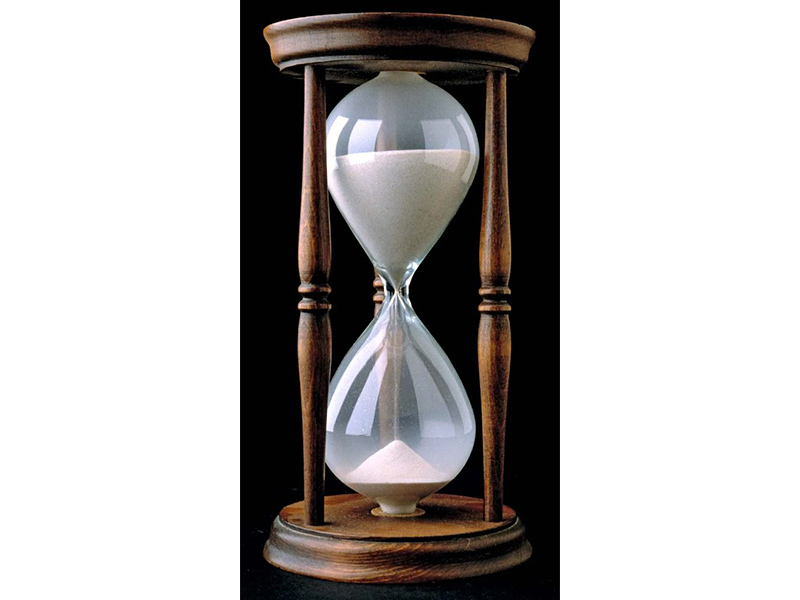
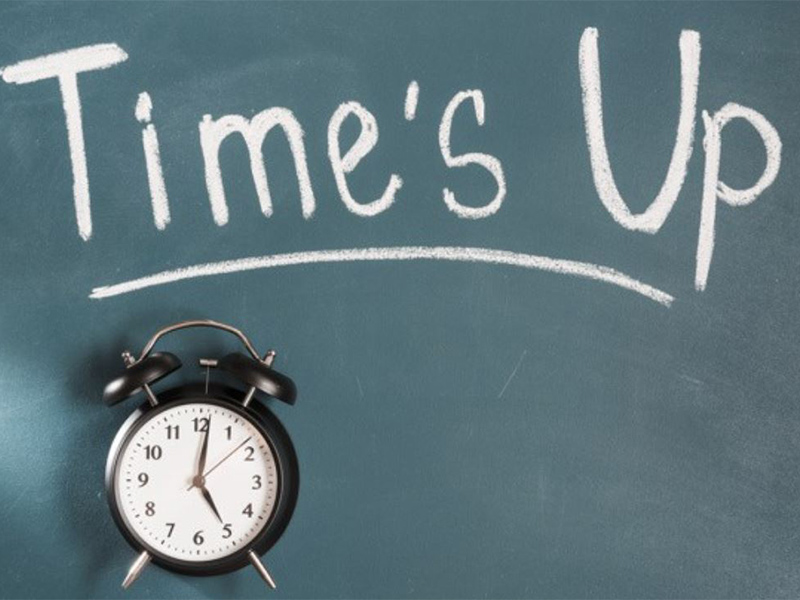
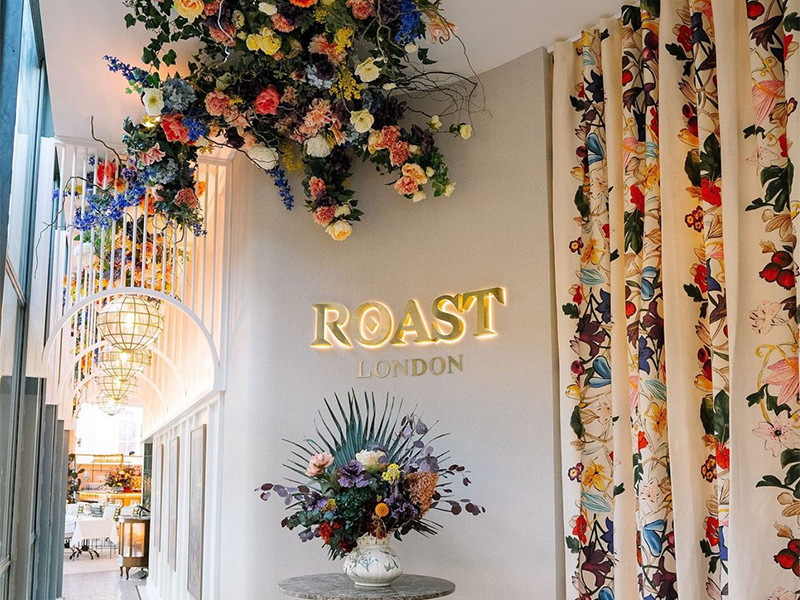



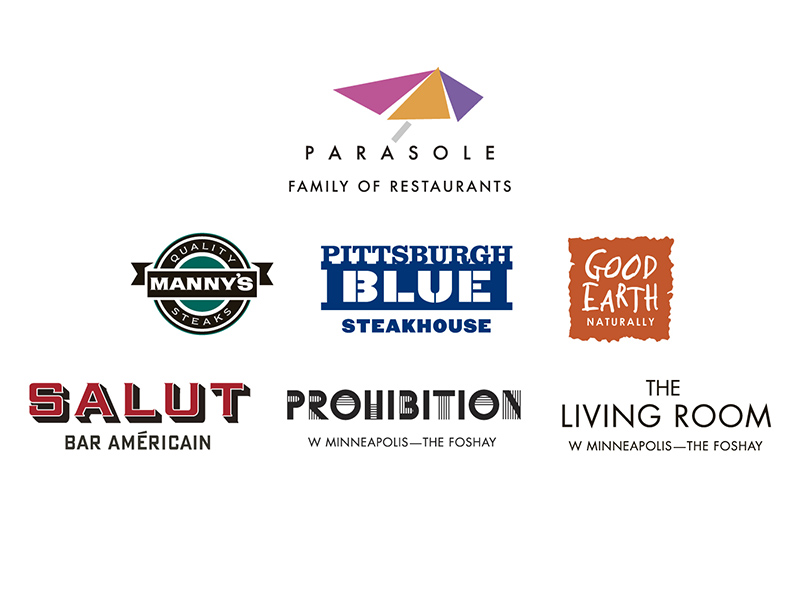

Excellent…well said Phil!